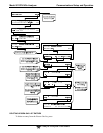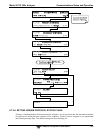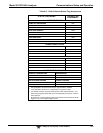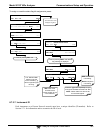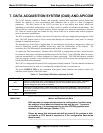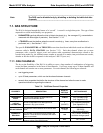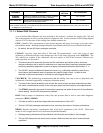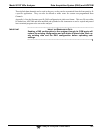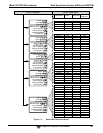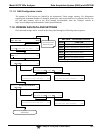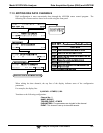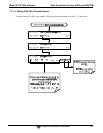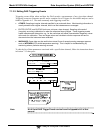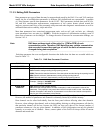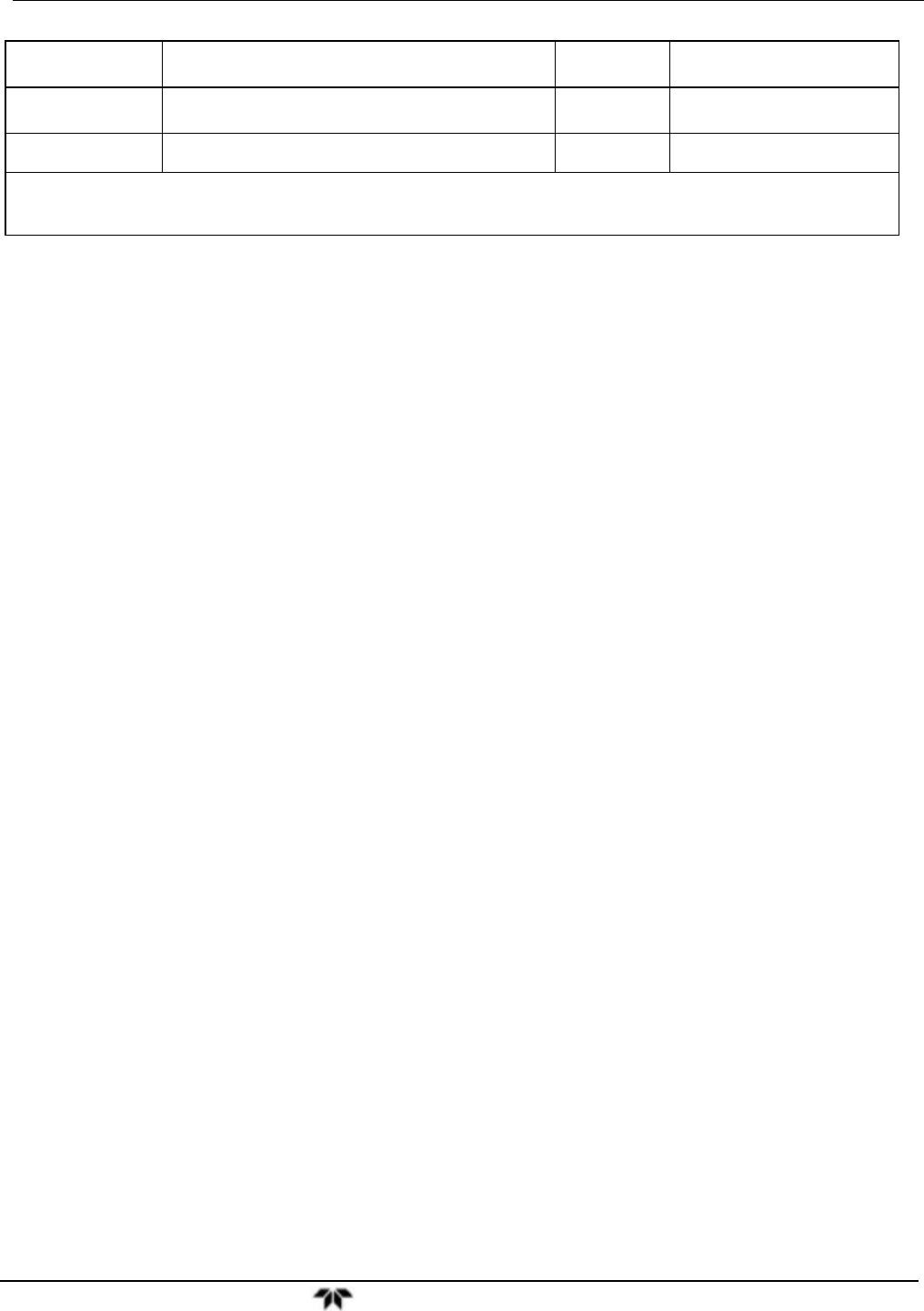
Model 9110TH NOx Analyzer Data Acquisition System (DAS) and APICOM
Teledyne Analytical Instruments 165
PROPERTY DESCRIPTION
DEFAULT
SETTING
SETTING RANGE
CHANNEL
ENABLED
Enables or disables the channel. Allows a channel
to be temporarily turned off without deleting it.
ON
OFF or ON
CAL HOLD OFF
Disables sampling of data parameters while
instrument is in calibration mode
2
.
OFF
OFF or ON
1
More with APICOM, but only the first six are displayed on the front panel).
2
When enabled records are not recorded until the DAS_HOLD OFF period is passed after calibration mode. DAS_HOLD OFF SET in
the
VARS menu (see Section 5.8).
7.1.1.1. Default DAS Channels
A set of default Data Channels has been included in the analyzer’s software for logging NO
x
, NO and
NO
2
concentrations as well as certain predictive diagnostic data. For the software revision being shipped
with the 9110T at the time of this writing, these default channels are:
CONC: Samples NOx concentration at one minute intervals and stores an average every hour with a
time and date stamp. Readings during calibration and calibration hold off are not included in the data.
By default, the last 800 hourly averages are stored.
CALDAT: Logs new slope and offset of NO
X
and NO measurements every time a zero or span
calibration is performed and the result changes the value of the slope (triggering event: SLPCHG). The
NO
X
stability (to evaluate if the calibration value was stable) as well as the converter efficiency (for
trend reference) are also stored.
This data channel will store data from the last 200 calibrations and can be used to document
analyzer calibration and is useful for detect trends in slope and offset (instrument response) when
performing predictive diagnostics as part of a regular maintenance schedule (See Section 11.1).
The CALDAT channel collects data based on events (e.g. a calibration operation) rather than a
timed interval and therefore does not represent any specific length of time. As with all data
channels, a date and time stamp is recorded for every logged data point.
CALCHECK: This channel logs concentrations and the stability each time a zero or span check (not
calibration) is finished (triggered by exiting any calibration menu).
The data of this channel enable the user to track the quality of zero and span responses over time
and assist in evaluating the quality of zero and span gases and the analyzer’s noise specifications.
The STABIL parameter documents if the analyzer response was stable at the point of the calibration
check reading. The last 200 data points are retained.
DIAG: Daily averages of temperature zones, flow and pressure data as well as some other diagnostic
parameters (HVPS, AZERO).
This data is useful for predictive diagnostics and maintenance of the 9110T.
The last 1100 daily averages are stored to cover more than four years of analyzer performance.
HIRES: Records one-minute, instantaneous data of all active parameters in the 9110T. Short-term
trends as well as signal noise levels can be detected and documented.
Readings during calibration and the calibration hold off period are included in the averages.
The last 1500 data points are stored, which covers a little more than one day of continuous data
acquisition.



